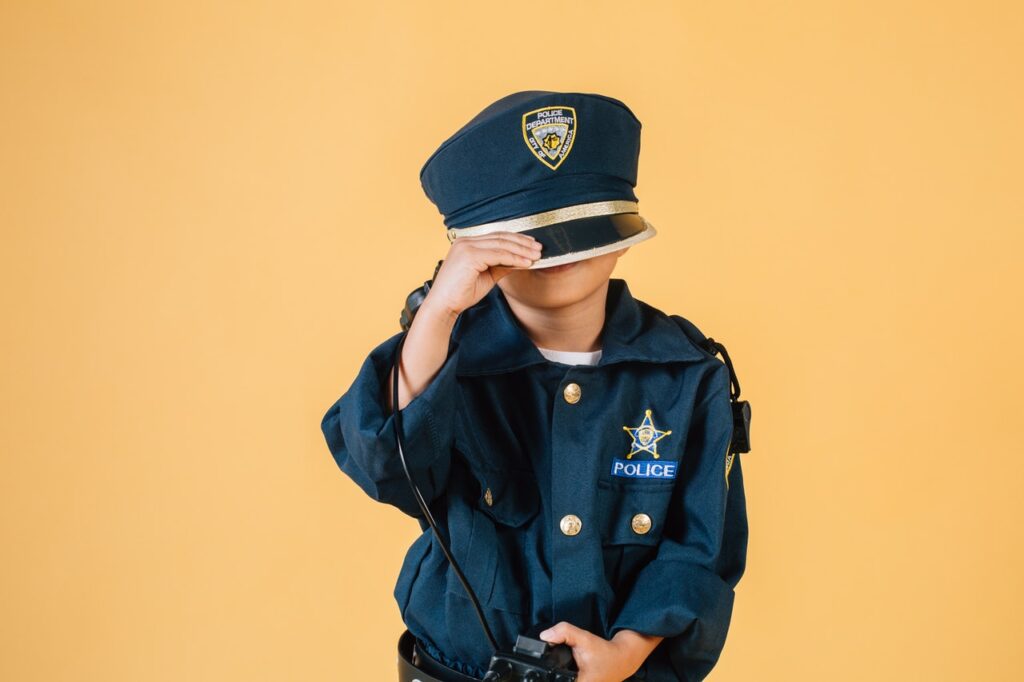
This is a question that is asked quite often. Most people when they encounter police think that they are required to answer police questions or that it would be better to just tell them what they want to know. Here’s why that can be a risky decision and could get you into trouble:
A and B are partners and get into an argument at home. A starts hitting B and B hits A back as well. A calls the police who arrive and see marks on A’s body but not on B. Police take a statement from A and decide to ask you some questions. Should you talk to police?
Being questioned by police can be a very anxiety-inducing experience; people report ‘feeling nervous’ being questioned by police even though they know they have done nothing wrong. Police use a variety of questioning techniques to elicit information that they want from you, which can later be used to prove your guilt even if you are innocent. Like many jurisdictions around the world, the right to silence if fundamental to the criminal justice system in New South Wales.
Here are a few reasons why you should not talk to the police:
- I’m not under arrest but they just want to talk to me and depending on what I say they might not charge me.
You can’t talk your way out of an arrest, however you can always talk yourself into one. Police know the right questions to ask to get the answers they want, and they know this, this is why they want to talk to you in the first place. People have a tendency to seek information that confirms what they already believe, and police are no different. If they suspect you are guilty (and they usually do by the time they speak to you) their questions and your answers will usually only confirm their belief even if it is mistaken. Even if B was defending themselves against A the police officer may not believe them because of the lack of marks on B’s body. With the help of a lawyer B can argue correctly that they were legally defending themselves against A.
- I am guilty and just want to admit my guilt.
The judge is who you admit your guilt to, not a police officer, and with the help of a lawyer, he or she can articulate to the judge exactly what you’re admitting to, your explanation and your remorse (if any) in a way that will get you the most appropriate sentence. Compare that to trying to explain your story properly while you’re scared and anxious, to a police officer who thinks you’re guilty, after you have been sitting in a cold cell all night. In that situation B may still be in shock and not be sure who started hitting who and might begin to doubt themselves.
- I’ll just admit to things that police already know.
They might not have a case without your confession. For example, they might not have enough other evidence to support their case or the victim might not show up on the day of trial (which happens surprisingly more than people think), but once you do talk to police then they do have a case. Person A might change their mind once police arrive or might not even show up to court.
- I am innocent so I’ll just tell them how innocent I am
Even if you are innocent and deny your guilt, even the smallest lie or mistake can cast doubt on the truthful things you’ve said i.e. B runs away before police arrive and when spoken to by police later denies that they were even there during the argument with A. Now if B says later he was defending himself he might not be believed.
Even if you are innocent and only tell the truth, you may give the police a piece of information that can be used to prove your guilt i.e. that B had a reason for hitting A first.
Even if you are innocent and only tell the truth and does not tell the police something incriminating, there is still a chance that his answers can be used to incriminate you, especially if you something that’s not on camera to the police or they remember something incorrectly which can be used to contradict what you said in a recorded interview. B’s first language is not English and he tells police something that the officer later misunderstands and incorrectly put in the officer’s statement
Even if you are innocent and only tell the truth and do not tell them anything incriminating and the entire interview is recorded, your answers can still be used to convict you if the police have any evidence, even mistaken or unreliable evidence, that anything that you’ve said is false.
The important thing to remember is that the police do not decide your guilt or innocence, so there’s no point in explaining yourself to them, get a good lawyer in Sydney and explain to the person who does, the judge.
If you are in a similar situation or know someone who is, enquire today at [email protected] or Contact Us to Book a Free Consultation and see if we can achieve the best result for you.
